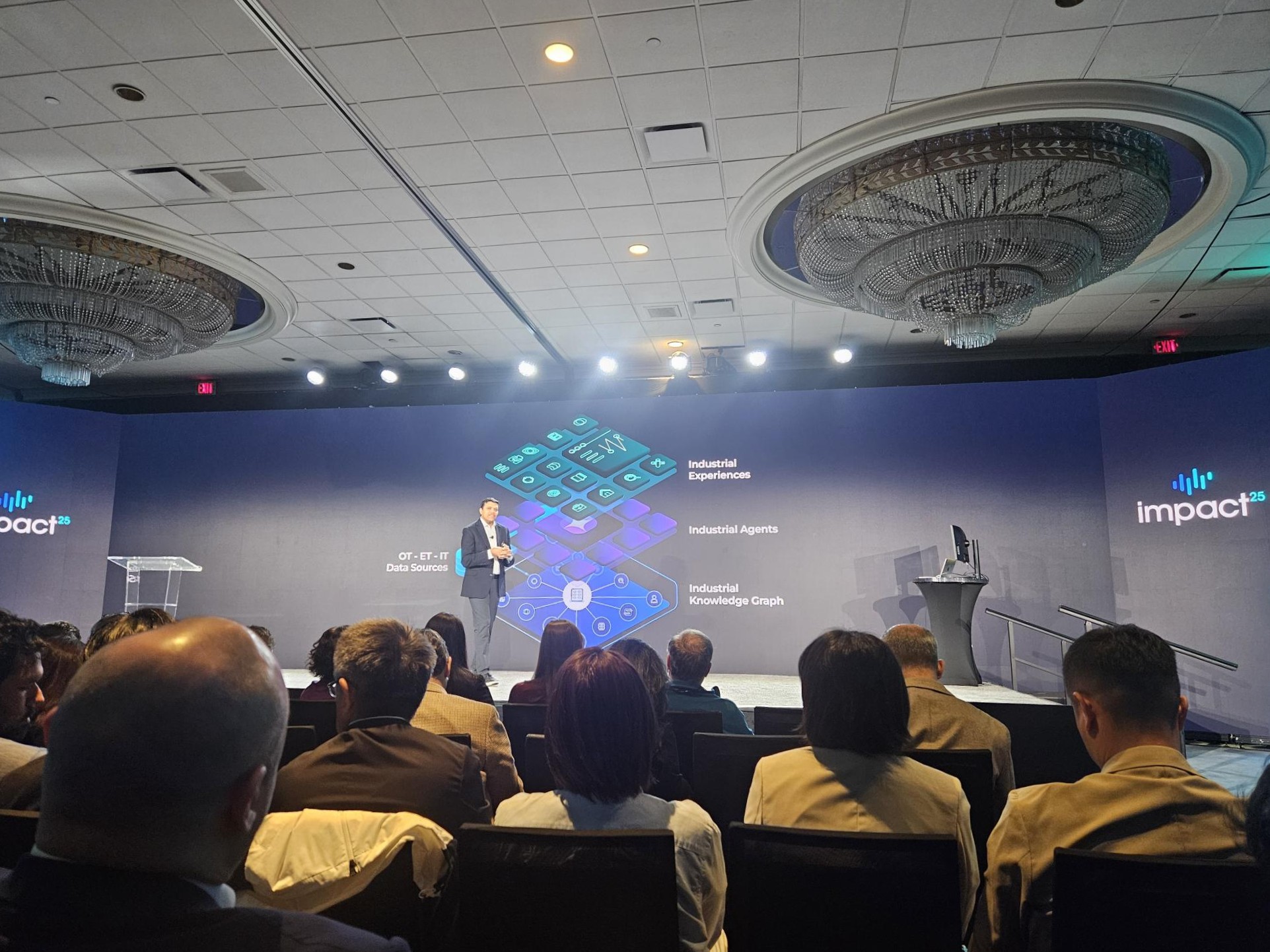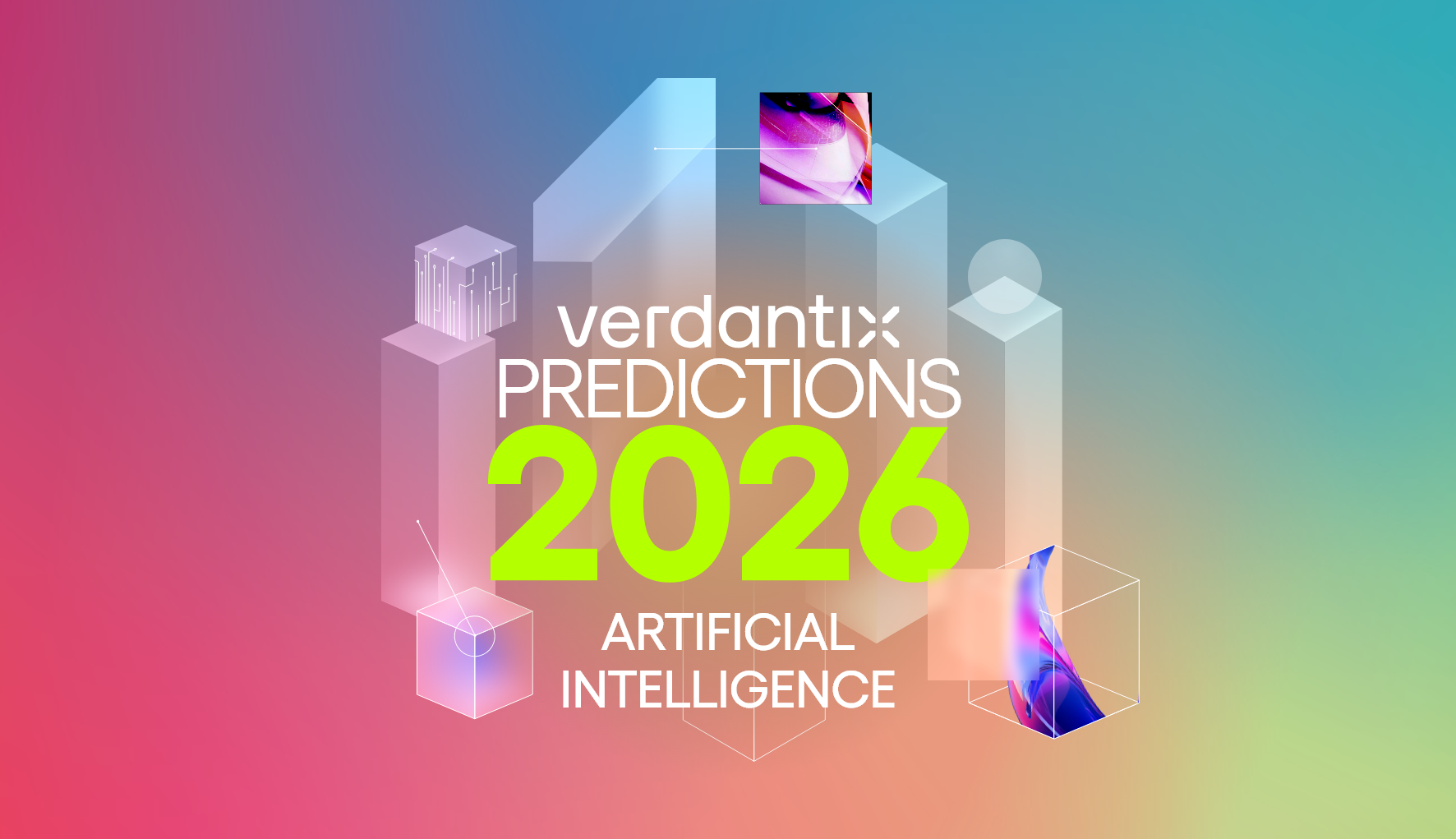Driving Industrial Autonomy At Scale: Lessons On Industrial AI From Cognite Impact 2025
The conversation around industrial AI has evolved; this much was clear at Cognite’s Impact 2025 event in Houston, Texas this October. Across keynotes, product announcements and customer stories, the focus has shifted from experimentation to execution. Drawing over 700 customers, partners and industrial leaders, the event highlighted the intersection between data and AI, and practical steps to move towards reliable and increasingly autonomous systems.
Across announcements and presentations, three key messages emerged:
- AI agents unlock use cases beyond the plant.
Atlas AI, Cognite’s agent-builder solution, has gained significant traction over the past year. More than 30 customers have adopted it to create and deploy AI agents, powered by the context from the models built in Cognite Data Fusion, Cognite’s industrial data management solution. Presentations from oil majors and large process industry firms showcased how these agents enable complex troubleshooting and root cause analysis. Cognite CEO Girish Rishi also demonstrated how agents can be combined to diagnose customer issues and trace problems across the entire value chain – pinpointing whether the root cause lies with an asset, supplier or quality deviation. The agents can also identify other customers that might be affected, generate an action plan to prevent recurrence and autonomously execute corrective steps rather than simply making suggestions. Moving further beyond generic conversational AI, Cognite is also developing industrial experiences: role-based interfaces that personalize these capabilities to specific end users across operations.
- Contextualized data remain the master key to deploying industrial AI.
Industrial data management (IDM) solutions are redefining how organizations structure and scale their data ecosystems. Traditionally, each new software deployment required its own data model, creating silos and duplication. IDM software providers flip this paradigm on its head: creating one contextualized, flexible data foundation that can serve multiple use cases across maintenance, production and process optimization, quality, and supply chain. Cognite’s claim that it has the largest industrial knowledge graph – while also noting it is “the smallest it will ever be” – and its position as a Leader in the industrial data management software Green Quadrant report reflect the provider’s growing momentum in this area. At Cognite Impact, customer keynotes from Aker BP, Celanese, Cosmo Energy Group and TotalEnergies stressed how these models are key to unlocking ‘shiny objects’ like AI agents, while being accessible and readable to human operators. Aker BP’s CEO, Karl Johnny Hersvik, also noted that “this will be the last generation of leaders with only human employees” and that the future workforce will involve humans, agents and robots.
- Partnerships hold the key to scaling industrial intelligence.
Cognite announced new partnerships with major enterprise data management players Databricks and Snowflake, enabling zero-copy data sharing to create a single source of truth across IT and OT. Most notably, Cognite unveiled that its contextualized data models will be used to train NV-Tesseract, NVIDIA’s time-series foundation model, which promises to accelerate the deployment of anomaly detection and predictive analytics across industrial operations. Taken together, these partnerships demonstrate that no single player holds all the keys. Achieving industrial AI at scale will depend on open ecosystems and shared standards that enable plug-and-play interoperability across vendors, platforms and industries.
The industrial software market is clearly at an inflection point, with AI adoption shifting from pilots to enterprise-scale execution. Some of the big-stage claims – particularly around how quickly industrial operations can become autonomous, whether full autonomy is even feasible or necessary, and if it can be reliably achieved at scale – were met with healthy scepticism. Yet there was broad consensus on one point: a contextualized, flexible and scalable data foundation is essential for organizations to progress towards industrial autonomy at their own pace.

About The Author

Sayanh Alam
Industry Analyst




